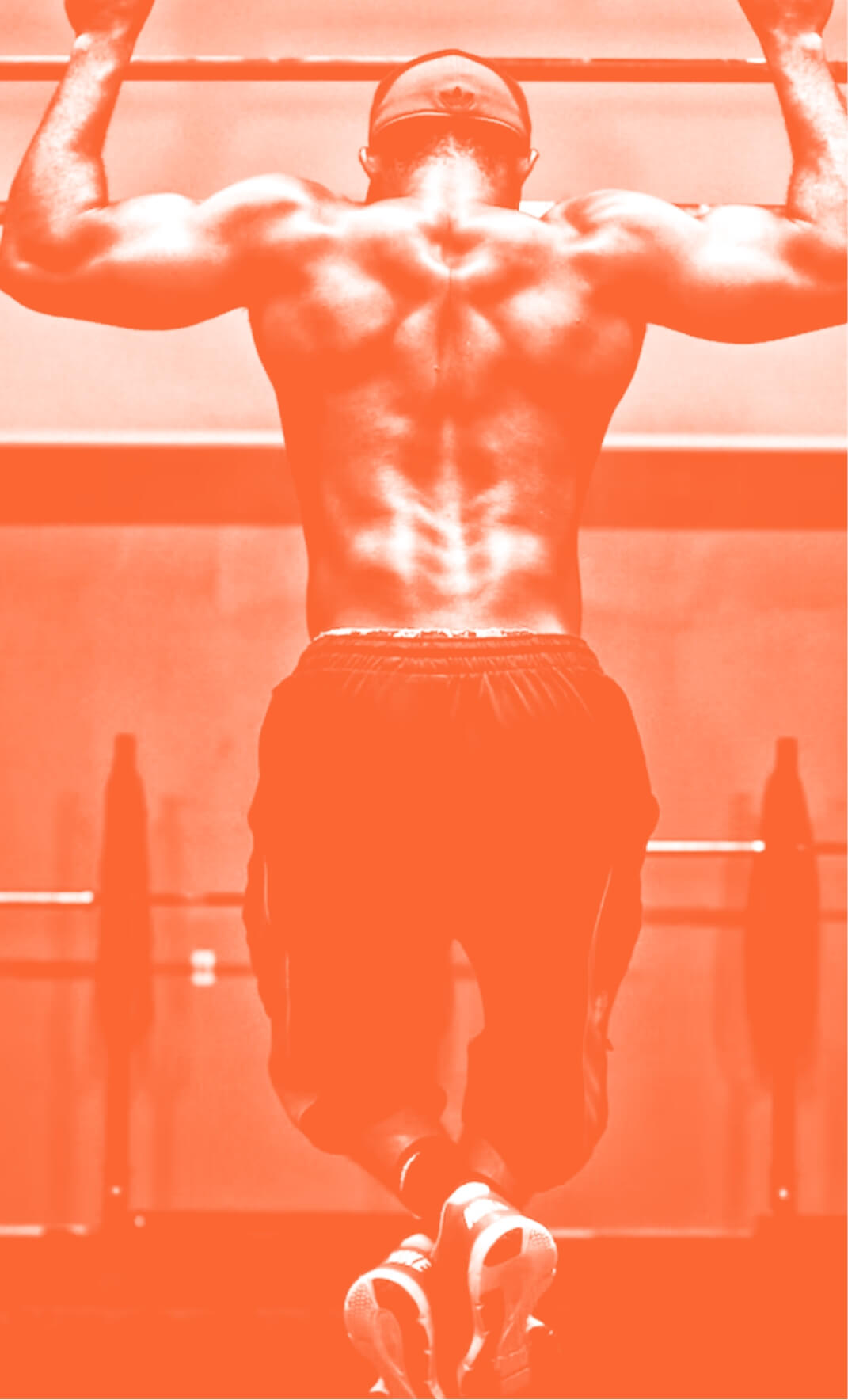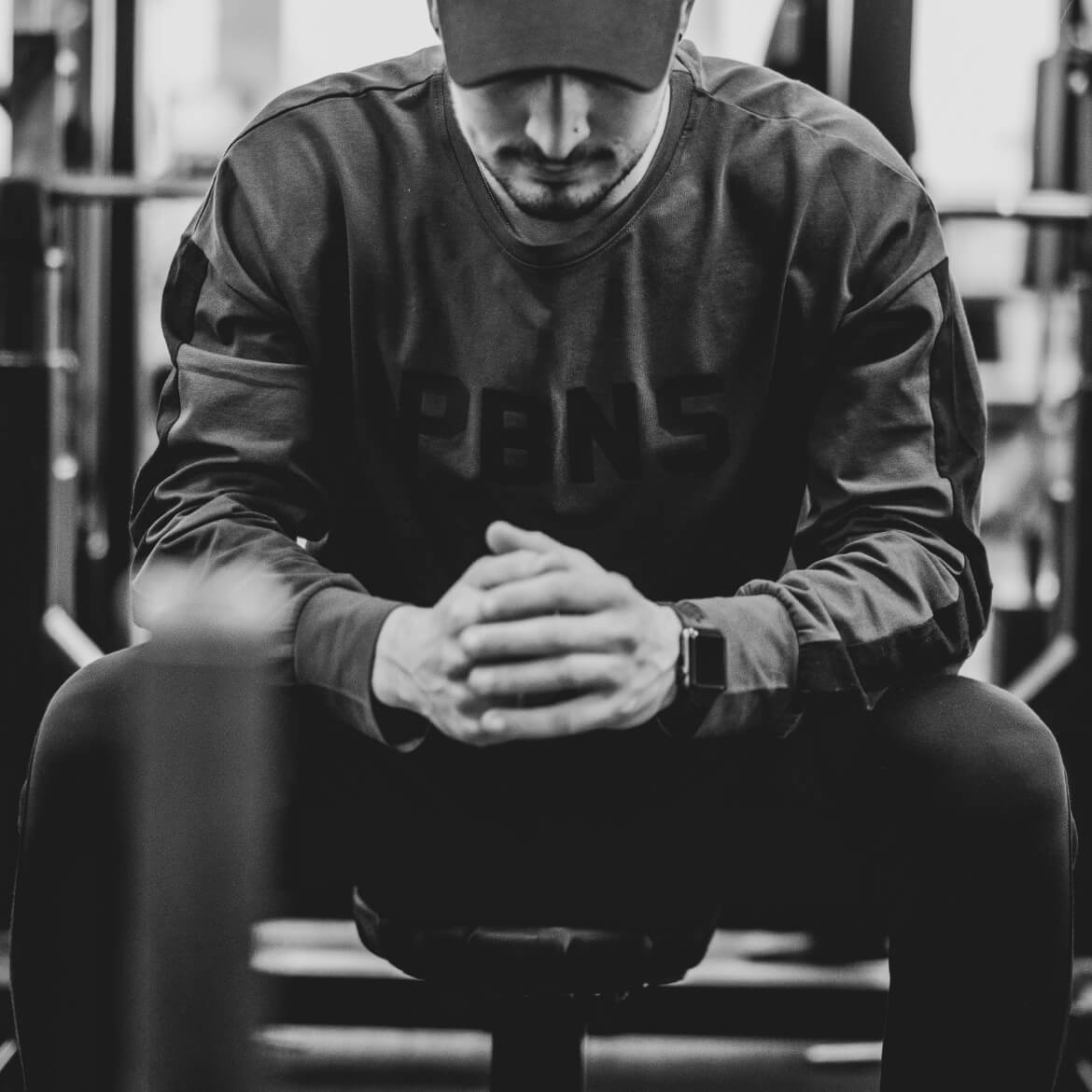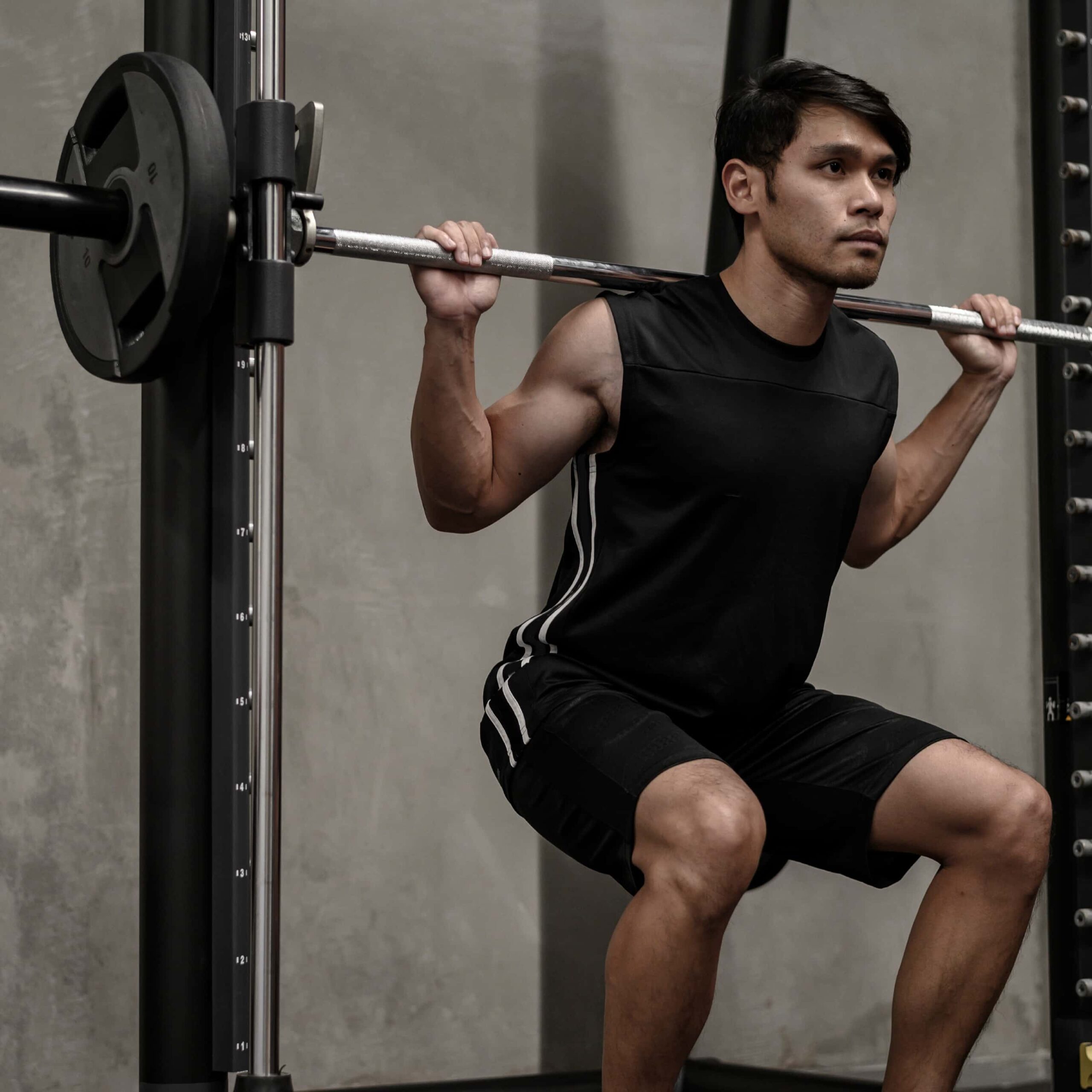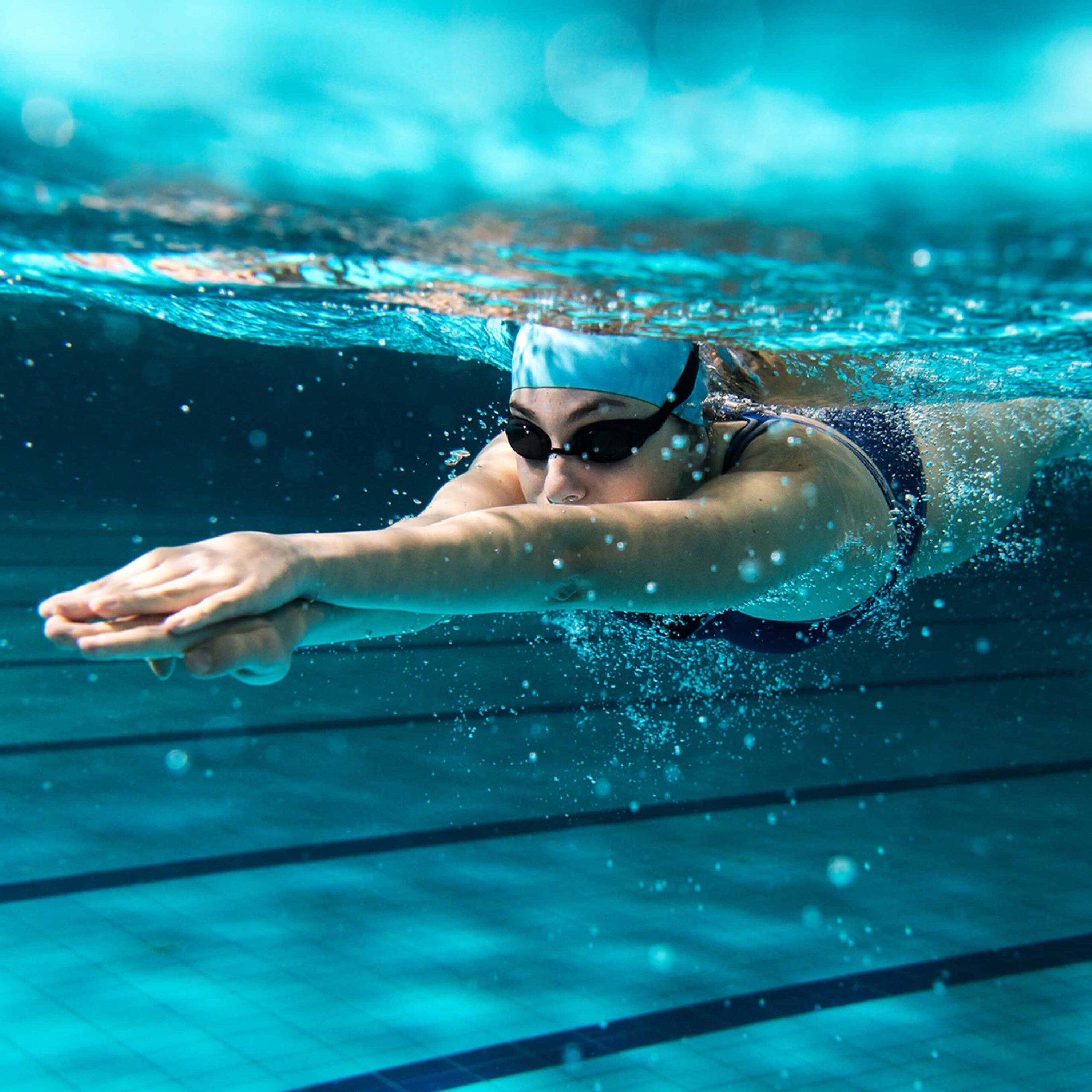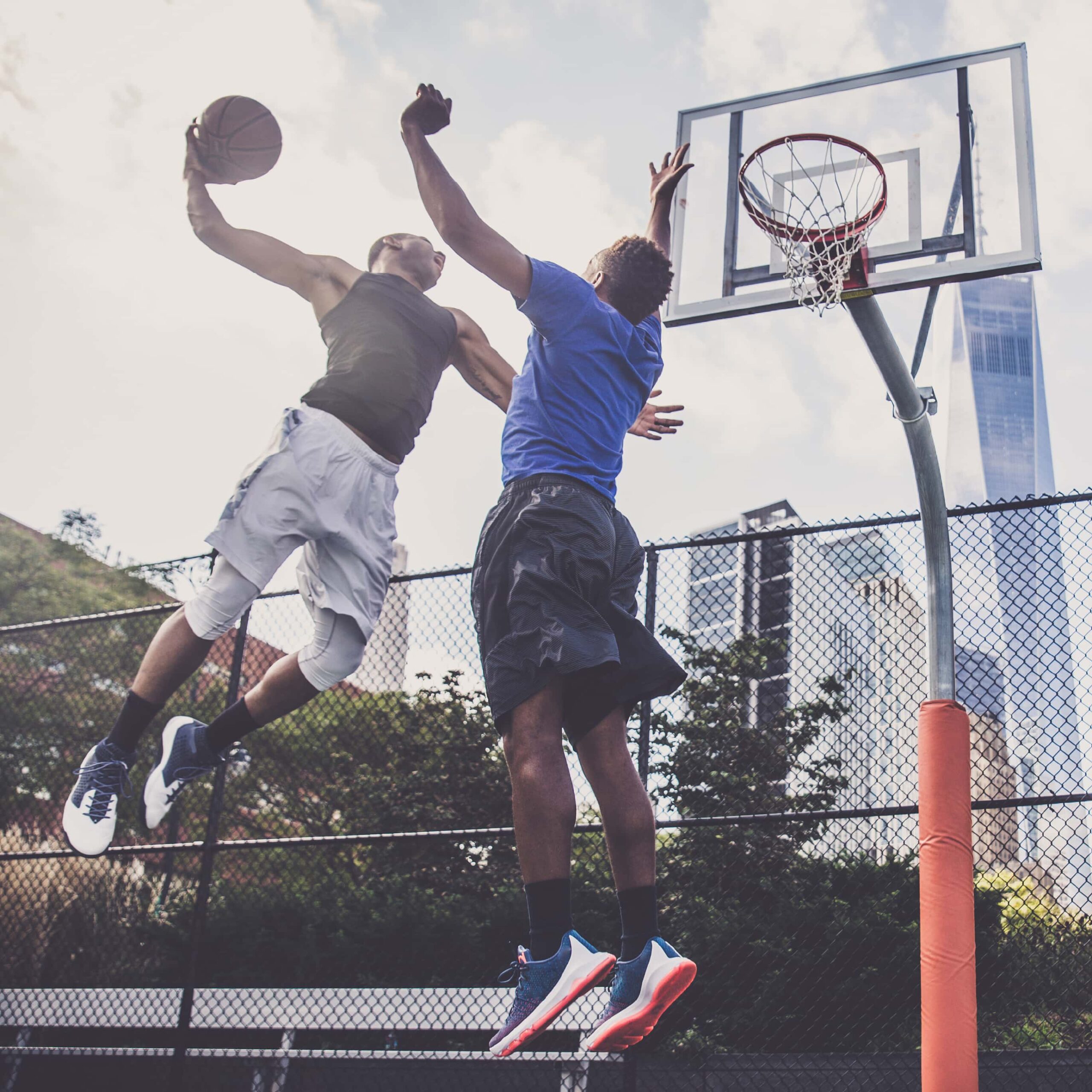What To Eat On Rest Days
20th Sep 19

Deciding what to eat on rest days is one of those things that can really go one of two ways. Many of us are quick to instantly think a rest day is a day off from fitness. The easiest thing to do, and the first thing to come to mind, is eat junk food or cheat meals to treat yourself or reward yourself for working so hard. That’s okay every once in a while, but what should you eat on your rest days consistently?
There are arguments for many different things, and in all fairness, there are many variables depending on you as an individual. Some people need to eat to give them the energy to perform in the morning, some need to feed their muscle growth, and some want to lose as much weight as possible. It’s all relative, but we’ll break it down.
Want to move fast? Jump to the right section below.
Muscle Building
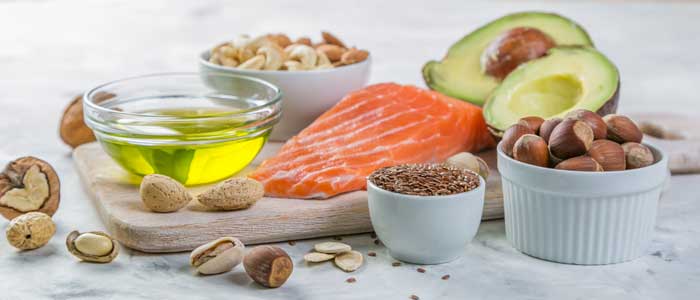
If you are trying to build muscle, you need to be eating the right stuff. Healthy fats are vital for your muscle recovery, so we’ll start here. Healthy fats come from all kinds of places, with fruits like avocados now being renowned for it, but healthy meats like fish and chicken also have good supplies. It’s going to be the building block of recovery, alongside good protein.
Your muscles also need to restore the glycogen they have burned through your anaerobic exercise, so make sure you’re getting the right levels of carbs in your diet too. Healthy carbs like brown rice and pasta are a good call and in lower levels than you need if you were performing the same day or soon after eating. Also, you shouldn’t be eating the same amount on your days off as you are on your days on. Forward planning is always essential.
Weight Loss
Turning things in the opposite direction completely is weight loss. This is where you really need to be on the ball. Instead of fuelling your body to replenish the energy you use from shredding your muscles so that they can rebuild, you need to be maintaining healthy metabolism to burn fat and, more importantly, keep this calorie deficit. From your diet without exercise, you should be looking to be eating around 200-300 calories less than your maintenance level per day to keep things going smoothly.
Usually, you’re all good as long as you’re hitting these calories. To make sure you’re doing the best for yourself, eat a lot of vegetables and organic food to reduce negative intake and unnecessary calories that come from processed foods. Lowish carbs, a good protein level and healthy fats, and good healthy organic food is the magic combination. We will be the first to say, though, eating a good cheat meal every once in a while on a rest day is great for keeping your metabolism running and keeping that leptin hormone level ticking over nicely.
Performance
The last training style that can be affected by what you eat on rest days is performance. We don’t mean for your next workout, but if you are training for sport, chances are you’re not really trying to do either of the above. Performance varies depending on what it is you’re going to be doing, after all. If you’re going to be running a marathon, you don’t need to be lifting huge weights, and if you’re playing a sport, you don’t need to be dieting to lose too much weight. Just strong, explosive muscle in the area you need it, met with good stamina levels for endurance.
Eating right to get that is tough. The best thing you can do is continue with a balanced diet and keep up with your maintenance calories, going over when you need to. Avoid saturated fats and processed foods again; you’ll be increasing your body fat, which is something you don’t need and will affect your performance. If you’re going to be training within the next 12 hours, go a little harder on your carbs to make sure you’re good to perform, and if you’re on a total day off, then go lower. It really depends on what you are training for.
The Takeaway
Ultimately, there’s no one quick fix for what to eat on rest days. Every single person has different individual needs, and depending on your specific workouts, things do change. These are general tips and guidelines to reach the goals you are working towards and not your diet in general. You should always be avoiding negative dietary habits like too much salt, sugar, saturated fats, etc., but these are more focused on what you do need to make sure you’re progressing. A well-balanced diet is always essential, and if you need more detailed and tailored advice, speak to a specialist.

Before beginning any exercise or nutrition program, consult your physician, doctor or other professional. This is especially important for individuals over the age of 35 or persons with pre-existing health problems. Exercise.co.uk assumes no responsibility for personal injury or property damage sustained using our advice.
If you experience dizziness, nausea, chest pain, or any other abnormal symptoms, stop the workout at once and consult a physician or doctor immediately.

